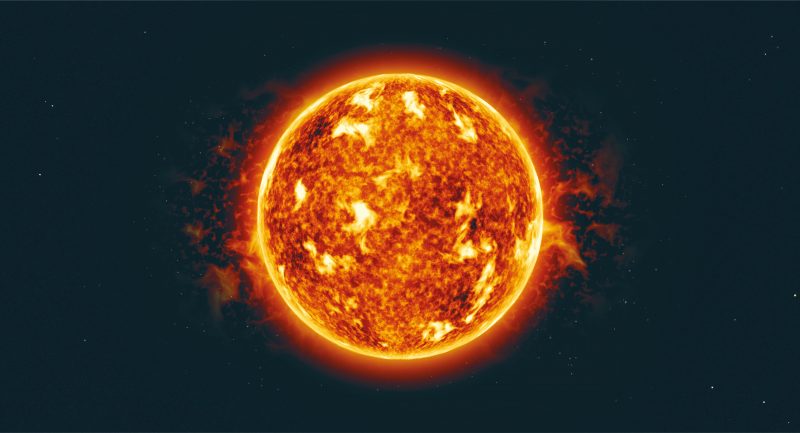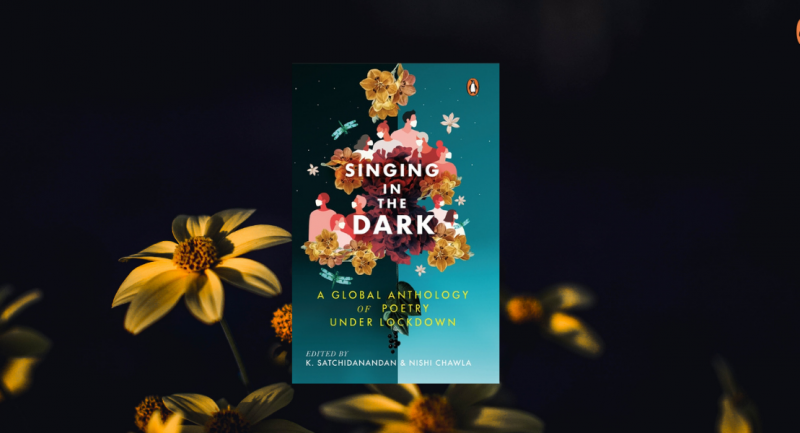
Perhaps one of the most cited lines from Theodore Adorno’s Cultural Criticism and Society is “to write poetry after Auschwitz is barbaric”. Often decontextualized, it is misunderstood as a call to silence poets and artists after the events of the Holocaust. In actuality, Adorno’s reference was in fact to the very opposite – that to write poetry after the Holocaust without addressing the event, without trying to grapple with the unthinkable, was barbaric. His contestation was that art should be able (and arguably has a responsibility) to respond to its times. Poetry, before and after Auschwitz, has continued to change and save lives. Whether through the works of poets like W.H. Auden and Paul Celan who created unsettling and indelible imagery of the horrors of Nazi Germany, or Amiri Baraka and Langston Hughes’s rousing work about black identity and culture, poetry has often addressed the very impossibility of addressing some experiences. Poets have, time and again, through joys and disasters, immortalised events and the subjective experience of being alive in times of unprecedented grief or disaster.
Poetry has the tremendous capacity to shed light on the ineffable experiences to the reader. The collection Singing in The Dark is one such vehicle of experience, a composite body that speaks to and about a time that perhaps nobody anticipated. The pandemic crept upon us, unexpected, and it has altered irreversibly the dynamics of human interaction, and the relationships we share with each other, and most importantly, with nature. Over the past few years, we have seen various environmental and engineered crises, from the protests over the Dakota Access Pipeline and the Amazon fire to the cyclone Amphan and the Australian bushfires among several others. The planet seems to have become a battle zone between indigenous people who seek to preserve the lands they live on and corporations who believe anything can be bought on the clout of money.

Editors Nishi Chawla and K. Satchidanandan write, ‘The anthology will well serve the purpose of capturing the anguish and the trauma, the anger and the befuddlement, as well as the hope for returning to the certainty of the world order that the pandemic has destroyed or the movement towards a more just and egalitarian world.’ As an array of poets from across the world find their works together in this anthology, perhaps the only common thread is the experience of living through a global disaster. Tragedy unites, and the pandemic has been tragic in an unimaginable number of ways. The impact of the coronavirus has been different for the privileged and non-privileged, and it has denuded the fault lines of our social fabric more starkly than ever. It remains up to us of course, to acknowledge the fact that there needs to be a radical change in the structures of the world, and that systems needs to be cleaned from the inside. Any fight for an egalitarian world will remain only theoretical unless the mantle of responsibility is picked up, and things are unstitched and restitched.
Singing in The Dark is an amalgamation of vulnerability and hope, of the dream of a world that can be better, and people who can do better, despite overwhelming evidence of the contrary. There is anger and befuddlement, and anguish and trauma. These will remain for some time, possibly even indefinitely. But poetry and art give us the opportunity to reflect on these, and on our own location within the grander scheme of the world. It pushes us to reconsider the experiential boundaries of our lives, and to reorient our understanding of how the world treats different lives differently. The pandemic forced us to confront the fact that human lives are entangled, that one person’s actions affect others in incomputable ways. Singing in The Dark too, is evidence that despite differences, human beings are not separated from each other, and cannot live insulated and isolated lives. In our experiences, in our fears, hopes, vulnerabilities, frailties and anger, there is an unbreachable commonality; maybe the idea of community is much more far-reaching than commonly believed, surpassing geopolitical boundaries, going into the heart of the very fact of being human and being alive at a time when everything seems to be falling apart.









